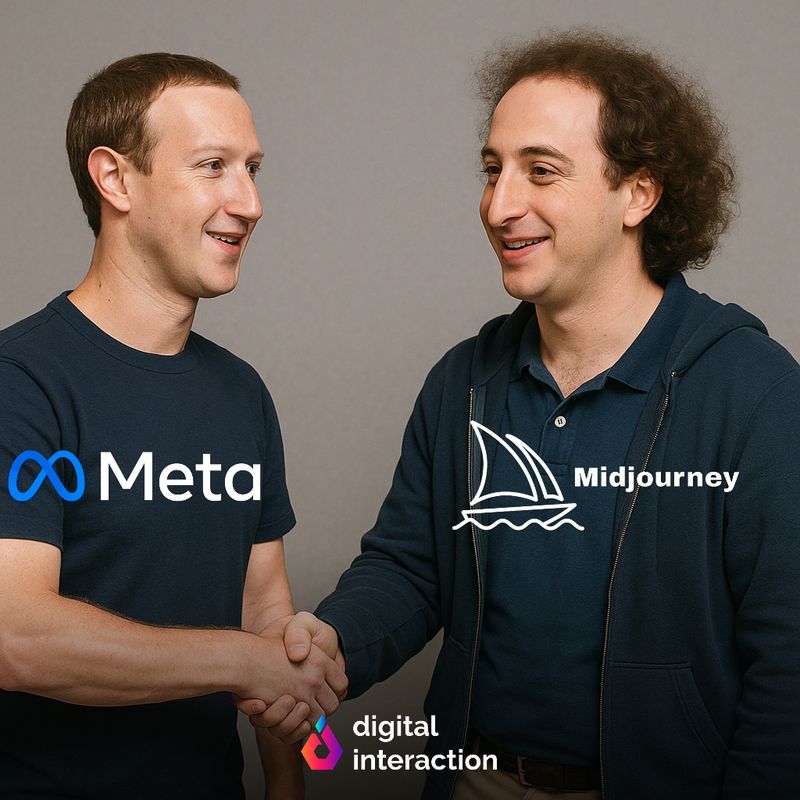On August 22, 2025, Meta announced a landmark deal with generative‑AI lab Midjourney to license its “aesthetic technology” for future models and products. The companies’ research teams will work together, signalling a deep technical collaboration rather than a simple product integration【349†…】. For Meta, the partnership is a strategic move to boost the visual quality of its AI offerings and stay competitive in the fast‑moving generative‑AI landscape.
Why This Partnership Matters
Meta has spent the past year reorganizing its AI efforts and pouring billions into generative‑AI research and infrastructure. The company introduced its own image‑generation tool Imagine and a video‑generation tool Movie Gen across Facebook, Instagram and Messenger. Even so, executives acknowledged that competing against industry leaders like OpenAI’s Sora, Black Forest Lab’s Flux and Google’s Veo would require outside expertise. Midjourney’s technology, known for realistic and stylized images, offers a ready boost.
Alexandr Wang, Meta’s Chief AI Officer, framed the collaboration as part of an “all‑of‑the‑above approach” to building AI products—combining world‑class talent, compute, and partnerships across the industry. In a post on X, Wang said the goal is to “deliver the best possible products” and to differentiate Meta’s AI output on aesthetic quality.
Who Is Midjourney?
Launched in 2022, Midjourney quickly rose to prominence for its generative‑AI platform that transforms text prompts into vivid images. It operates through a tiered subscription model starting at $10 per month and was reportedly on track to generate $200 million in revenue by 2023. Unlike many AI startups, Midjourney has never taken outside funding; founder and CEO David Holz calls it an “independent, community‑backed research lab”. The company hosts one of the largest communities on Discord and is widely praised for its unique aesthetic style.
What We Know About the Deal
Meta’s announcement stressed that the partnership goes beyond licensing models. The collaboration will link the companies’ research teams, implying joint work on future image‑ and video‑generation models. Wang said Meta is “incredibly impressed” by Midjourney’s technical and aesthetic achievements. In his own X post, Holz welcomed the opportunity to “bring sublime tools of creation and beauty to billions” but reaffirmed that Midjourney will remain independent and continue its broader mission.
While neither company disclosed financial terms or a launch timeline, reports note that Meta has been on a hiring spree, offering compensation packages north of $100 million to AI researchers, investing $14 billion in the data‑labeling company Scale AI, and acquiring the voice‑AI startup Play AI. The Midjourney agreement is the latest in a series of moves designed to accelerate Meta’s push toward building personalized artificial superintelligence for its billions of users.
What’s at Stake
For Meta, integrating Midjourney’s aesthetic capabilities could dramatically improve the quality of AI‑generated content available to users and advertisers, potentially lowering production costs while driving engagement. For Midjourney, the deal offers access to Meta’s vast computing resources and distribution, which could bring its technology to a much larger audience. However, some observers worry about how the partnership might affect Midjourney’s independence and whether it will still pursue an enterprise API for other developers.
The collaboration comes against a backdrop of ongoing copyright lawsuits against AI model developers, including both Meta and Midjourney. It also follows Meta’s reorganization into Meta Superintelligence Labs, an ambitious effort to consolidate research, training, product, and infrastructure around advanced AI.
Looking Ahead
As generative AI reshapes creative work and digital marketing, partnerships like this one illustrate how the industry’s biggest players are seeking to combine scale with specialized expertise. Meta’s access to Midjourney’s generative technology could make AI imagery and video far more accessible across its platforms, while giving Midjourney a powerful distribution channel. Whether the alliance will produce tools that empower creators without sacrificing independence remains an open question.
One thing is clear: the race to build visually compelling AI is heating up, and this partnership represents a significant milestone. Stay tuned as more details emerge and the impact of this deal ripples across the tech landscape.









